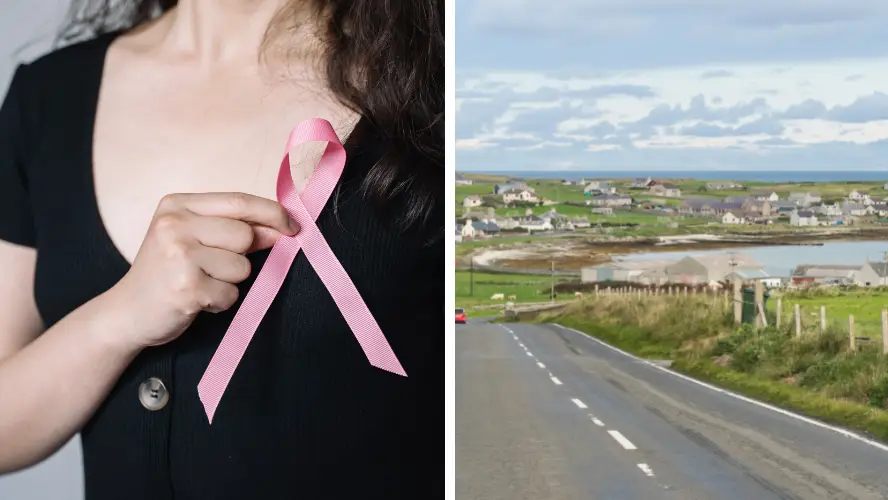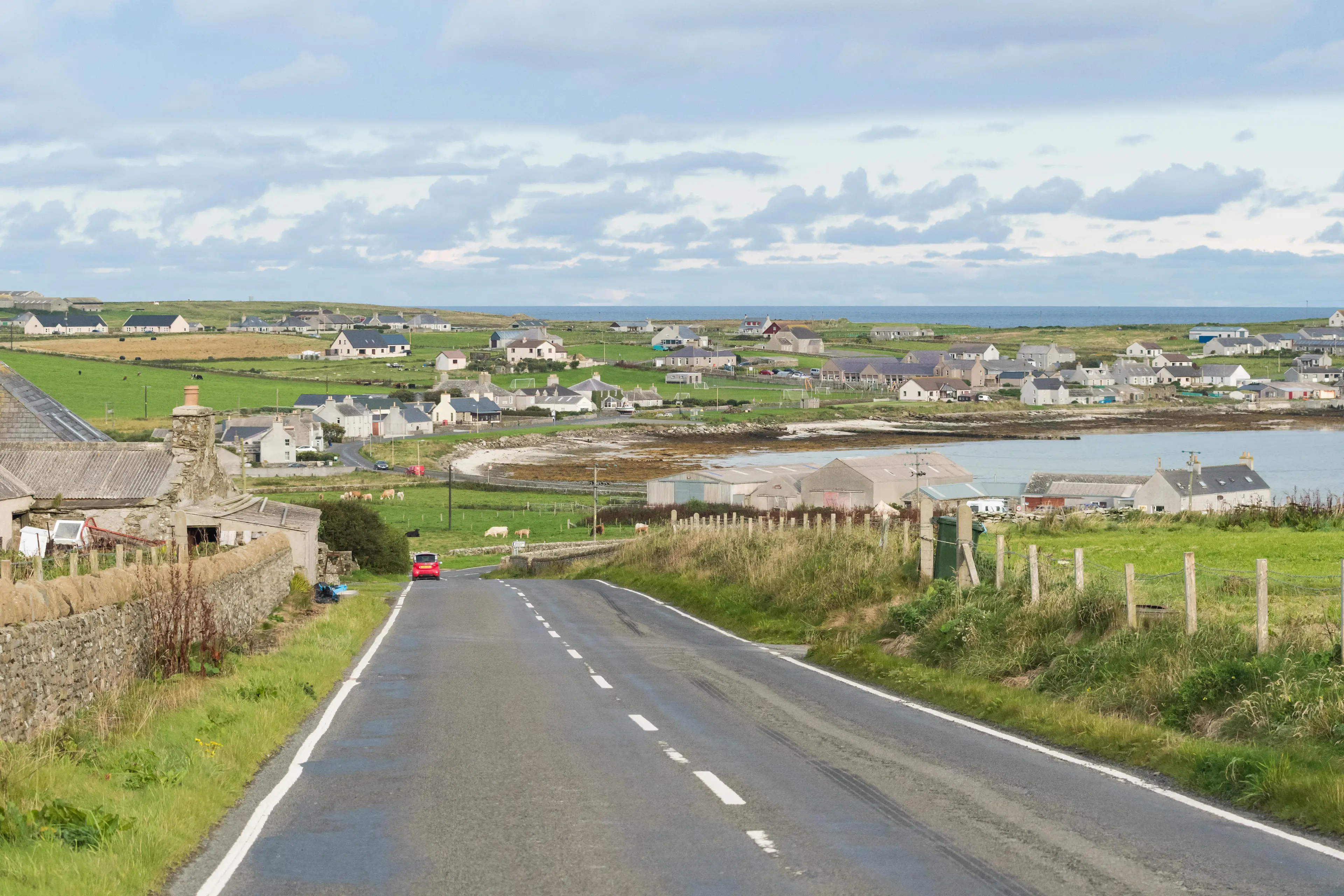
A gene mutation that increases the risk of breast and ovarian cancer has been linked with Orkney.
One in a hundred people with grandparents from the islands, off the northeastern coast of Scotland, have the variant in the gene BRCA1.
Researchers spotted the mutation repeatedly in women from Orkney with the cancers, and clinical genealogy proved that patients with the variant had family roots tracing back to the island of Westray.

Advert
It is likely to have come from a founder individual from the island at least 250 years ago, a paper published in the European Journal of Human Genetics said.
Planning is now under way for a trial scheme which will offer testing for the gene variant to anyone living on the small Scottish island with a Westray-born grandparent.
If the pilot is successful, the long-term aim is to offer a test to everyone in Scotland with a Westray-born grandparent.
Professor Zosia Miedzybrodzka, director of NHS North of Scotland Genetic Service, said: "Developing cancer is not solely down to carrying the BRCA1 variant alone.
"There are many complex factors, and some people with gene alterations will not get cancer.
"However, we know that testing and the right follow-up can save lives."
Everyone has the BRCA genes, but not everyone has mutations in them.
Prof Miedzybrodzka explained that because it is hereditary, the gene variant could affect multiple members of families.
"Risk-reducing surgery, breast screening with MRI from age 30, and lifestyle advice can all improve health for women with the gene," she said.
"Men do not need to take any particular action for themselves, but they can pass the gene onto female descendants."
Angelina Jolie underwent a double mastectomy in 2013 after she discovered she carried a faulty copy of the BRCA1, leading to the greater awareness of the gene defect.

She lost her mother to ovarian cancer, and carrying the faulty gene put her at very high risk of getting both forms of the disease.
Around one in 1,000 women across the UK have a BRCA1 variant, but most breast and ovarian cancers happen due to chance damage to genes.
More than 2,000 volunteers took part in the research and gave genetic data to Orkney Complex Disease Study, known as Orcades.
It is part of the Viking Genes project, which aims to discoverer the genes and variants that influence the risk of disease.
